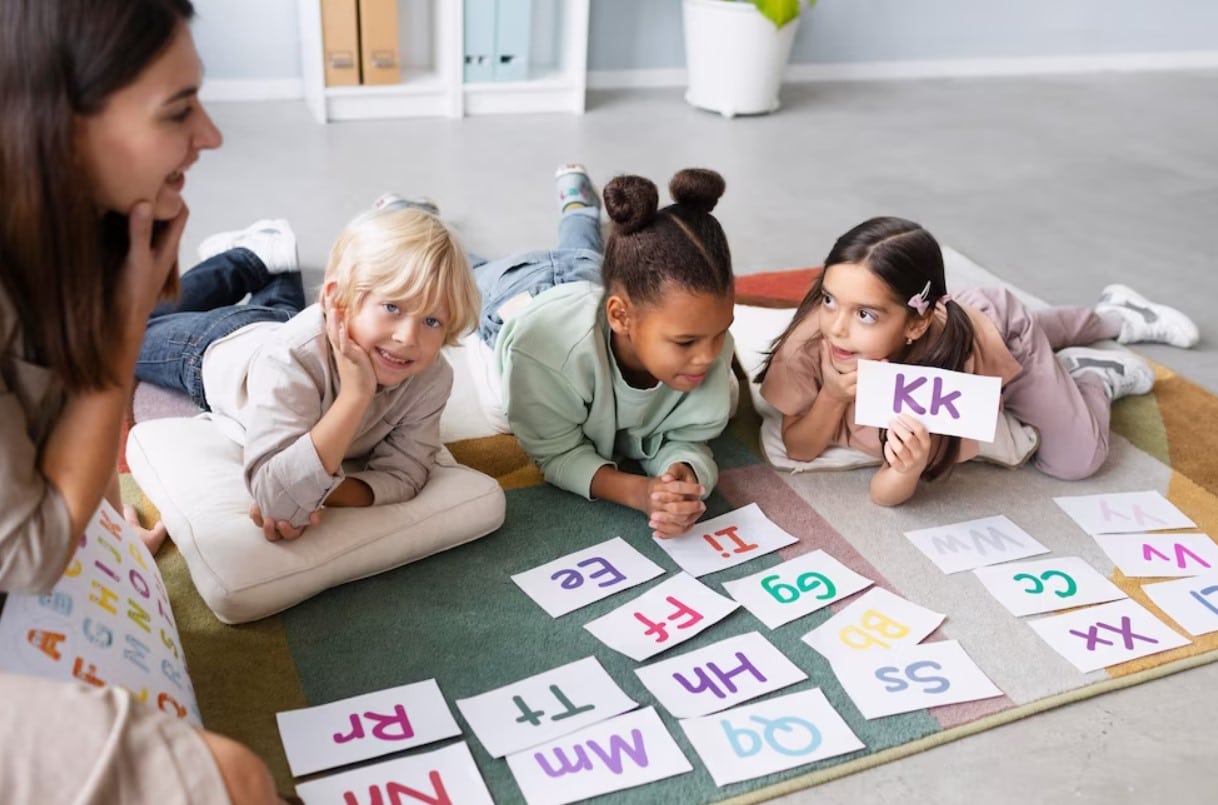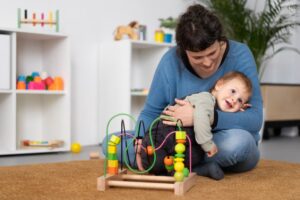
Early childhood is a critical period in a child’s life where they experience rapid growth and development in various areas, including physical, cognitive, and language development. This period is crucial for building the foundation for a child’s future growth and success.
Physical Development in Early Childhood
Physical development in early childhood refers to the changes that occur in a child’s body, including their size, shape, and motor skills. During this period, children experience significant changes in their physical abilities as they learn to walk, run, jump, and climb.
One of the most significant physical milestones in early childhood is the development of fine motor skills. Fine motor skills refer to a child’s ability to use their hands and fingers to manipulate objects. These skills are crucial for daily activities such as tying shoes, using utensils, and writing. Fine motor skills develop gradually during early childhood and are influenced by a child’s experiences and opportunities for practice.
Another critical aspect of physical development in early childhood is gross motor skills. Gross motor skills refer to a child’s ability to use their large muscles to move their bodies. Children learn to walk, run, jump, and climb during this period. They also learn to throw, catch, and kick a ball, which improves their hand-eye coordination and overall physical abilities.
Cognitive Development in Early Childhood
Cognitive development in early childhood refers to a child’s ability to think, reason, and understand the world around them. During this period, children experience significant cognitive changes, including memory, attention, and problem-solving skills.
Developing executive function is one of the most critical cognitive milestones in early childhood. Executive function refers to mental processes allowing individuals to plan, organize, and carry out tasks. This ability is crucial for success in school and life.
Brain Training can significantly aid a child’s cognitive development as it strengthens and sharpens connections in the brain. Brain training centers such as Brainnovation Mind Abilities in Dubai successfully run programs for kids and adults that help them focus, retain and learn with ease & facilitate brain function at any age.
Another aspect of cognitive development in early childhood is language development. Language development refers to a child’s ability to understand and use language. During this period, children experience significant changes in their language abilities as they learn to communicate with others and express their thoughts and feelings.
Language Development in Early Childhood
Language development in early childhood shapes the child’s overall development. During this period, children experience significant changes in their language abilities, including their vocabulary, grammar, and communication skills.
One of the most critical milestones in language development is the development of receptive language skills. Receptive language skills refer to a child’s ability to understand language. During this period, children begin to understand more words and simple phrases, and they can follow simple instructions.
Another critical milestone in language development is the development of expressive language skills. Expressive language skills refer to a child’s ability to use language to communicate their thoughts and feelings. During this period, children begin to use more words and sentences to express themselves and engage in conversations with others.
Tips for Promoting Early Childhood Development
There are many ways parents and caregivers can promote early childhood development in children. Here are some tips to consider:
- Provide play opportunities: Play is crucial for children’s development, as it allows them to explore the world around them, practice their physical and cognitive skills, and develop their social and emotional abilities.
- Encourage language development: Talk to your child often and provide opportunities for them to express themselves. Read books together, sing songs, and engage in conversations to promote language development.
- Provide a safe and stimulating environment: Create a safe and stimulating environment for your child, enabling confident & strong behaviors.






